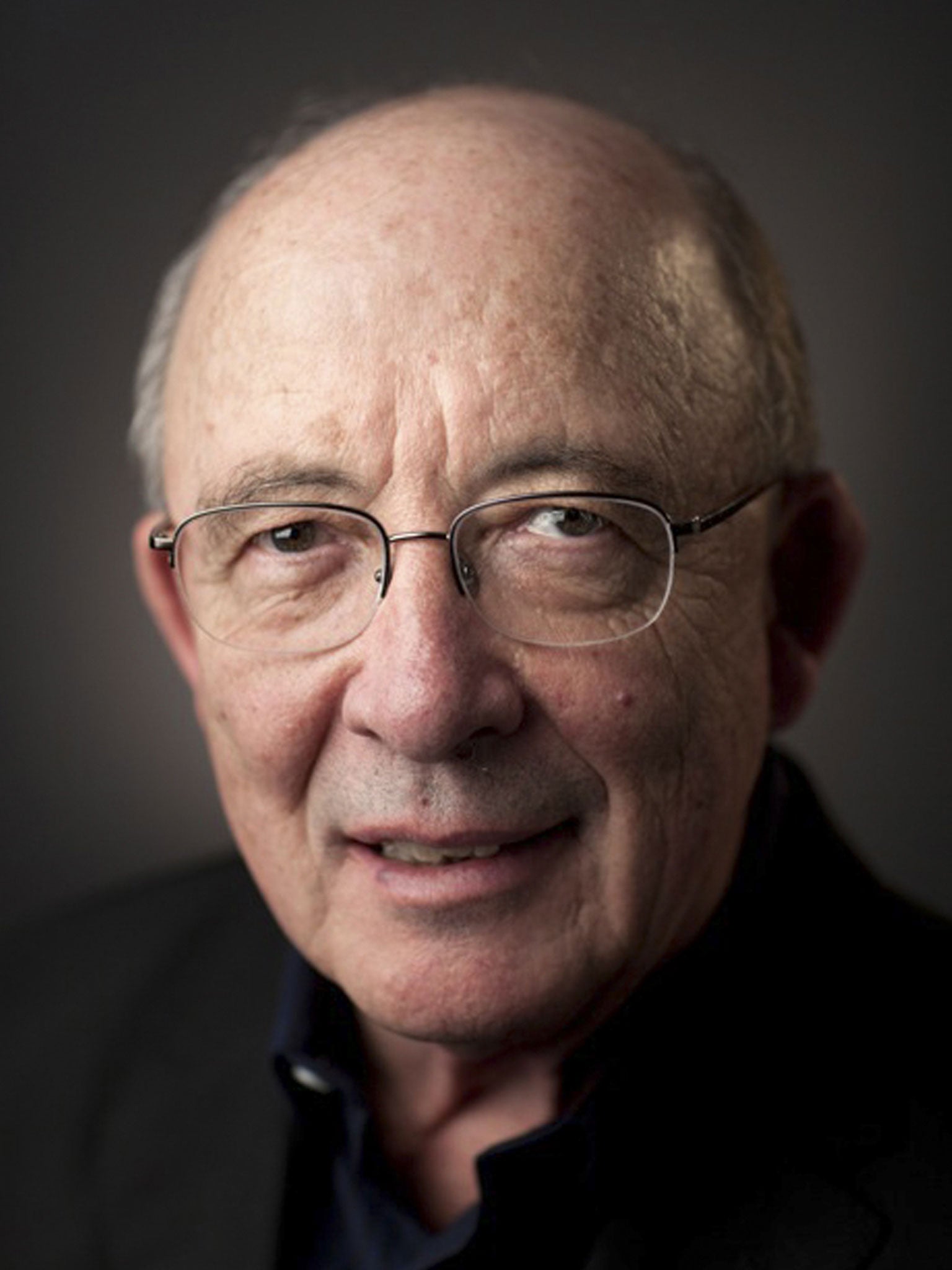Dale Mortensen: Economist who shared the Nobel Prize for his work on analysing unemployment and labour markets

Your support helps us to tell the story
From reproductive rights to climate change to Big Tech, The Independent is on the ground when the story is developing. Whether it's investigating the financials of Elon Musk's pro-Trump PAC or producing our latest documentary, 'The A Word', which shines a light on the American women fighting for reproductive rights, we know how important it is to parse out the facts from the messaging.
At such a critical moment in US history, we need reporters on the ground. Your donation allows us to keep sending journalists to speak to both sides of the story.
The Independent is trusted by Americans across the entire political spectrum. And unlike many other quality news outlets, we choose not to lock Americans out of our reporting and analysis with paywalls. We believe quality journalism should be available to everyone, paid for by those who can afford it.
Your support makes all the difference.Dale Mortensen shared the 2010 Nobel Prize in Economics for developing innovative methods to analyse unemployment and labour markets. He started out by wanting to know why some people remained unemployed when businesses had jobs they could not fill, and he wondered why similar jobs could have significantly different salaries.
He shared the Nobel with Peter Diamond of MIT and Christopher Pissarides of the LSE. In the 1980s they devised a method to study the dynamics of unemployment and the effects of government policies on the labour market. Their method became known as the DMP Model and is widely used by economists. Mortensen said his ideas revolved around this basic truth: "It takes time for workers to find jobs and for employers to find workers."
In classic supply-and-demand economics, in which the market is allowed to operate with maximum efficiency and minimum governmental interference, the number of jobs and job seekers would be equal – a theoretical condition called a "perfect market." Similarly, according to a 19th-century concept, the "law of one price," a commodity – whether a product or a salary – should have the same price wherever it was available.
But Mortensen recognised that we do not live in a perfect world. "Any sort of deviations from so-called 'perfect markets' – which is just an ideal, right? – is called a friction," he said. His goal was to account for these "frictions", or inefficiencies in the marketplace. Some economists and politicians suggest that generous unemployment benefits make people less likely to look for work.
Mortensen found that even in a robust economy some people are always unemployed, and some businesses have openings they cannot fill. For various reasons, the job seeker and the job never find each other. To explain these missed opportunities, he became a principal designer of a practice called "search theory", which has become a standard method by which economists try to describe various activities in which individuals search for something of value, whether a job, a house or a marriage partner.
After he accepted his Nobel Prize, he quoted from Studs Terkel's book Working, in which ordinary people described their livelihoods: "Work is about a search for daily meaning as well as daily bread."
MATT SCHUDEL
Dale Thomas Mortensen, economist: born Enterprise, Oregon 2 February 1939; died Wilmette, Illinois 9 January 2014.
© The Washington Post
Join our commenting forum
Join thought-provoking conversations, follow other Independent readers and see their replies
0Comments